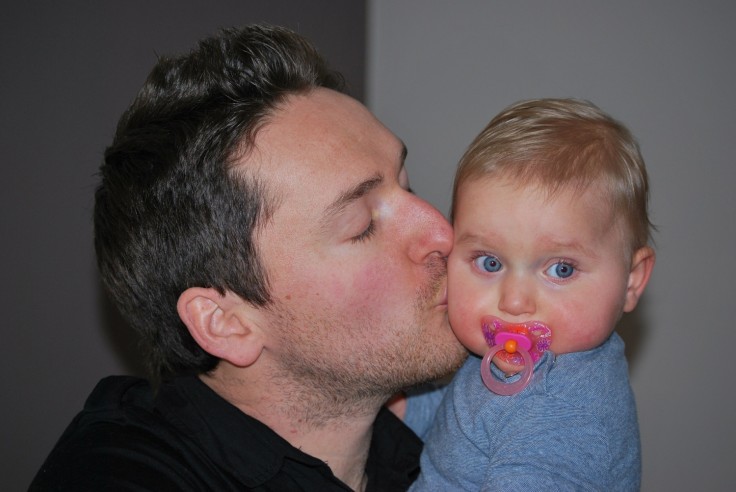
NBC News Correspondent, Richard Engel mourns the death of Henry, his six-year-old son, who had Rett Syndrome, a type of disorder that doesn't have any cure or treatment.
Richard announced the death of his son on Twitter, read:
"Our beloved son Henry passed away. He had the softest blue eyes, an easy smile, and a contagious giggle. We always surrounded him with love and he returned it, and so much more. Mary and Richard."
Richard included in his announcement a link to a memorial page on the Texas Children's Hospital Website. The memorial page shares more details on Henry's life as well as his battle with Rett Syndrome.
Henry was born on September 29, 2015. Henry was found slow to achieve particular or any developmental milestones as an infant. Thus, doctors did several series of medical exams and as well as genetic tests. Doctors have found out that the six-year-old boy had a mutation in his MECP2 gene.
Texas Children's Hospital said that the MECP2 mutations cause Rett Syndrome. It's a disorder that usually affects young girls after their first birthday. Such disorders rob children's learned skills and leave them with cognitive deficits, unable to speak or loss of speech, and many motor difficulties.
Rett Syndrome is a genetic disorder and is rarely seen in boys
Rett Syndrome is a rare genetic disorder that usually affects brain development and can result in severe mental and physical disability. Approximately 1 in 12,000 girls that are born annually are affected by this type of disorder and can rarely be seen in boys.
According to the National Institute of Neurological Disorders and Stroke, Rett Syndrome can be the primary reason for the loss of the use of hands, difficulties with walking, seizures, slow brain and head growth, and intellectual disability.
The doctor may also provide a genetic DNA blood test to support the diagnosis of Rett Syndrome. Such a test can detect a change within the MECP2 gene. Many people with Rett Syndrome (80-90%) have a change in this gene.
Therefore, Rett Syndrome is estimated to affect 1 in every 10,000 to 15,000 female births in both racial and ethnic groups worldwide. According to the Office of Rare Diseases of the National Institutes of Health, there are less than 200,000 affected by the rare disease, per Reverserett.
Engel family mourns the death of their wonderful child
In 2018, the Engel family brought Henry to the Hospital's Duncan Neurological Research Institute (Duncan NRI) to seek additional answers and explanations for his condition of Henry. Dr. Huda Zoghbi, Duncan's NRI Founding Director, carefully studied Henry's mutation.
Dr. Zoghbi wrote a tribute to Henry and says her little patient was special in so many ways as he stole her heart from the time she met the young boy. Henry displays a loving and charming smile every time he sees other people and connects them using only his eyes. She also commends how tough and brave the young boy was especially during the battle with his disease.
The doctor states that they will continue to develop treatments for them to be able to honor the young boy's life. Henry left a lasting impression on the whole Duncan NRI team as well as the Rett research.
TODAY reported that the NBC Correspondent has shared daily updates on his son's condition and has always been open about the struggles and how he is happy to take care of his child with special needs.
Related Article: How to Make Life Better for Your Autistic Child: Some Tips